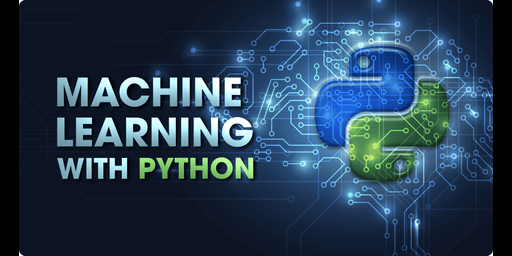


Python is still a popular programming language among developers and data scientists, and machine learning is transforming the computer industry. As 2025 approaches, a number of Python libraries have become industry leaders in machine learning. The best Python training programs will help you improve your skills, and this post will examine the best Python libraries that are influencing machine learning in the future.
1. TensorFlow
Overview:
TensorFlow is an open-source library developed by Google that offers a comprehensive ecosystem for building machine learning models. It supports deep learning and neural networks and is known for its flexibility and scalability.
Why It’s Trending:
TensorFlow's usability has been enhanced in 2025, making it suitable for both novice and expert users. For machine learning projects, its thorough documentation, strong community support, and platform integration make it the library of choice.
2. PyTorch
Overview:
Another strong library that is excellent at deep learning is PyTorch, which was created by Facebook's AI Research group. It offers dynamic computation graphs, which are useful for jobs requiring a lot of adaptability.
Why It’s Trending:
By 2025, PyTorch has become a very popular tool for research and production because of its ease of use and simplicity, and it is widely used in both industry and academia because of how well it handles complex neural networks.
3. Scikit-Learn
Overview:
One of the most popular Python libraries for machine learning is called Scikit-Learn. It is made for traditional machine learning algorithms and is based on NumPy, SciPy, and Matplotlib.
Why It’s Trending:
In 2025, Scikit-Learn remains a standard for data preparation, classification, regression, and clustering applications. Its ease of use and wide set of algorithms make it perfect for newcomers going into machine learning.
4. Keras
Overview:
Keras is a high-level neural networks API that runs on top of TensorFlow and other backends. It is made to be simple to use and allow for rapid experimentation.
Why It’s Trending:
Keras has made a name for itself in the current market as a favourite for quick prototype development. It is ideal for teaching purposes in Best Python Training courses because of its modular design, which makes it simple for developers to create and test deep learning models.
5. XGBoost
Overview:
Extreme Gradient Boosting, or XGBoost, is a robust library made specifically for gradient boosting algorithms. It has revolutionised machine learning competitions and works especially well with structured data.
Why It’s Trending:
By 2025, XGBoost is still well-known for its quickness and efficiency, particularly in Kaggle contests. Many data scientists like it because of its capacity to manage missing values and regularisation approaches.
6. LightGBM
Overview:
Tree-based learning methods are used in the gradient boosting framework LightGBM. Large datasets can be trained effectively and distributedly with its help.
Why It’s Trending:
By 2025, LightGBM has become popular due to its quickness and effectiveness, especially in situations with plenty of features. Data scientists value its capacity to manage huge datasets effectively, which is crucial in the data-driven world of today.
7. Hugging Face Transformers
Overview:
A library devoted to natural language processing (NLP) is called Hugging Face Transformers. It offers pre-trained models for a number of tasks, including summarisation, translation, and text categorisation.
Why It’s Trending:
As NLP applications continue to grow in popularity in 2025, Hugging Face has established itself as a pioneer in this field. It is essential for developers dealing with text-based data because of its intuitive API and strong community support.
Conclusion
These Python libraries are leading the way in 2025 innovation as machine learning keeps developing. If you are new to the field or want to improve your abilities, learning these libraries will give you the tools you need to succeed.